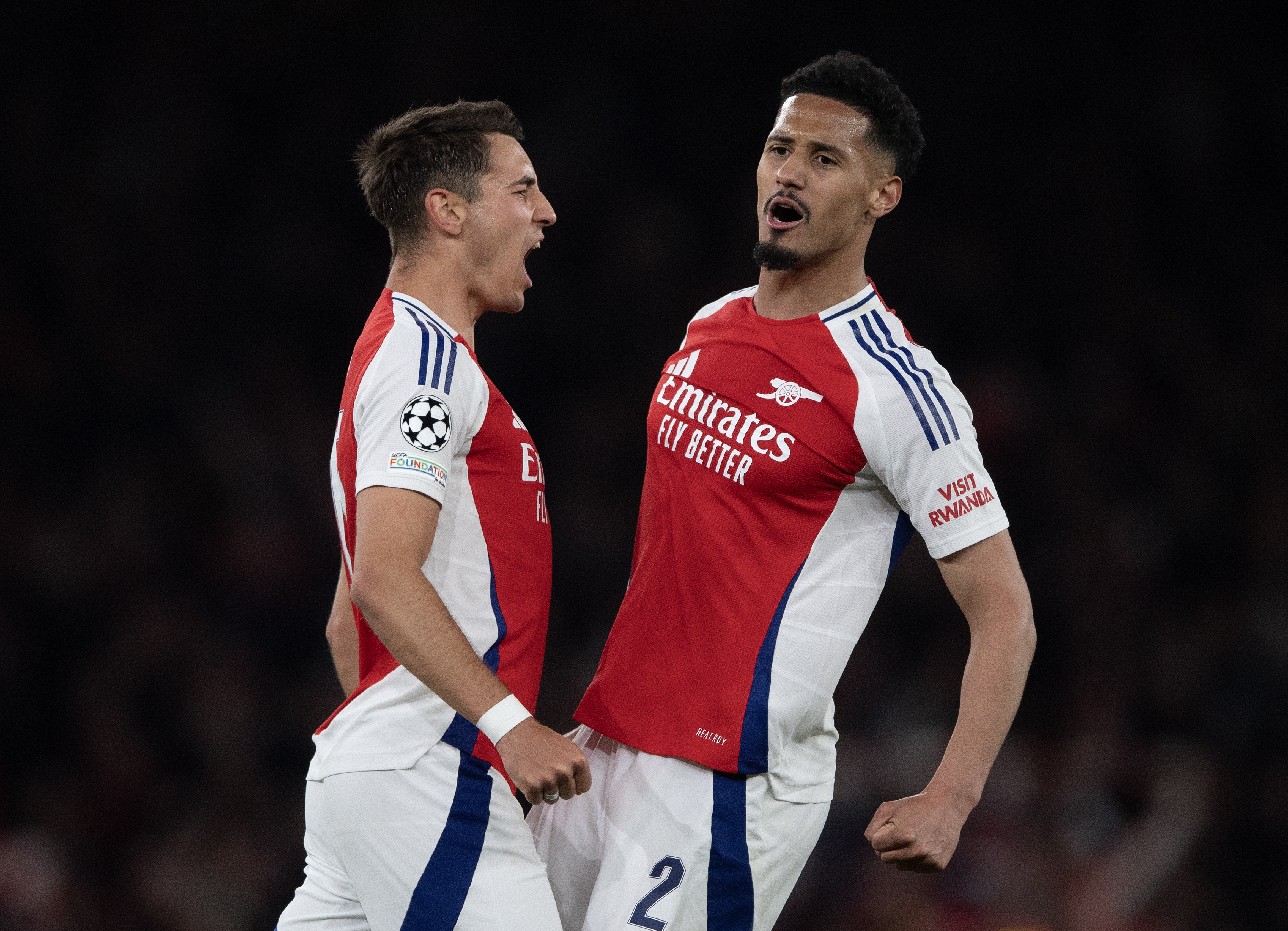Remembered: When TV darlings Manchester United ruined the FA Cup
United's cup ties are constantly televised – tonight's quarter-final replay against West Ham is their 52nd consecutive tussle on the box – yet, as Rich Edwards explains, it wasn't too long ago that they abandoned the competition altogether...
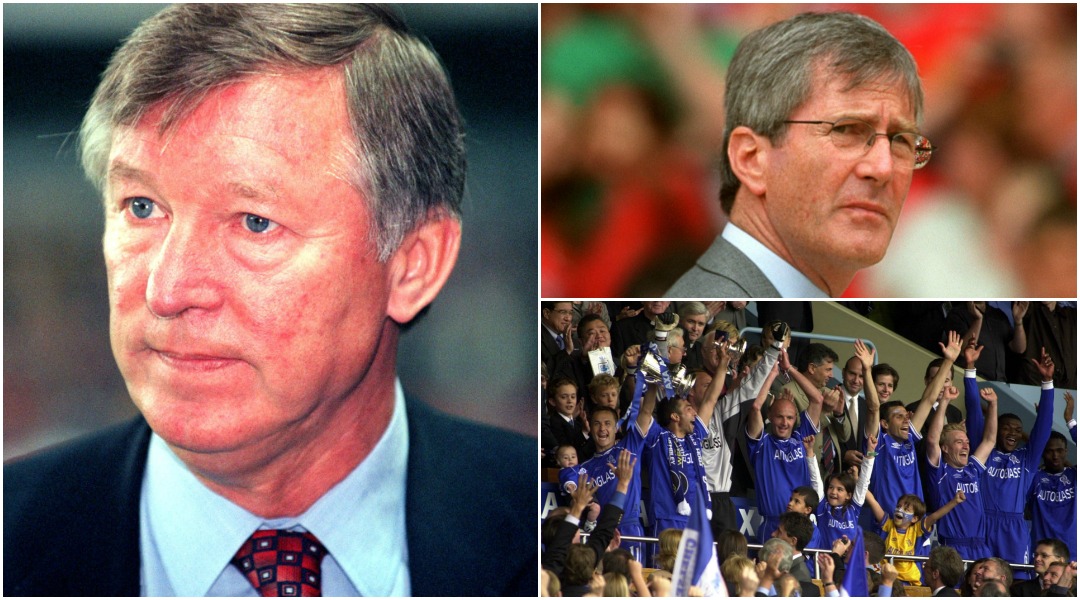
No one would call Louis van Gaal’s Manchester United side easy on the eye, but the television companies who have screened the club's FA Cup clashes for the past 11 years would clearly disagree.
United’s tussle against Derby will be the 49th consecutive time that the Reds’ FA Cup adventures have been televised live, which must surely make them the bona fide darlings of a competition they last won in 2003/04.
Not too long before their epic televisual streak, though, it’s worth remembering that United were persona non grata.
The greater good
No one wants to see England not get the World Cup. I dare not think of the criticism we would’ve received if we had refused – and that’s a Scotsman talking.
It was June 1999 when the Red Devils – still basking in the glow of a Champions League triumph that beggared belief – pushed the boundaries of incredulity further by drawing stumps on their involvement in a competition that has been a staple of the English game since 1872.
Speaking to a gob-smacked press pack alongside then-chairman Martin Edwards and the FA’s interim executive director David Davies, the newly knighted Sir Alex Ferguson laid bare the club’s reasons for turning their back on a tournament they had won for a 10th time the previous month.
“We had to think of the situation regarding England hosting the World Cup,” he said. “No one wants to see them not get it. I dare not think of the criticism we would’ve received if we had refused. That was unthinkable – and that’s a Scotsman talking.”
Get FourFourTwo Newsletter
The best features, fun and footballing quizzes, straight to your inbox every week.
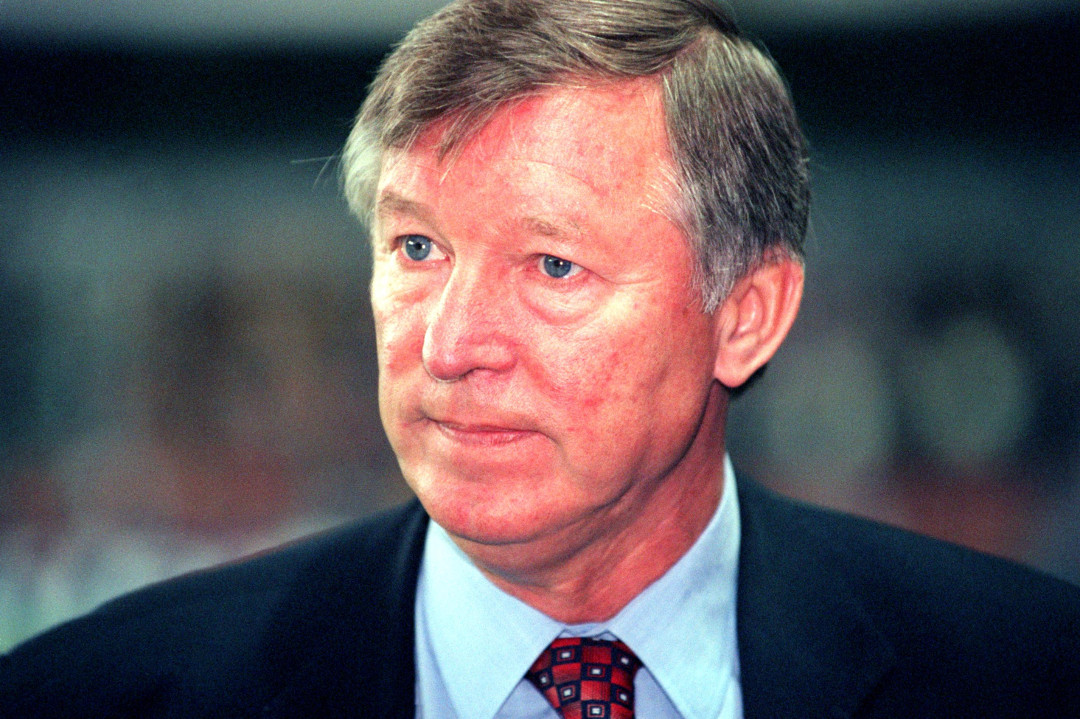
How those less-than-straight FIFA suits must have been chuckling into their cash-filled troughs.
The unthinkable refusal referred to by the United boss related to his club's place in the 2000 Club World Cup in Sao Paulo, the first time the tournament had been contested. The World Cup he alluded to, meanwhile, was the 2006 tournament which, as it transpires, England had next to no chance of hosting anyway.
Selfless or silly?
Some 17 years on, United’s withdrawal seems faintly ridiculous, particularly as they haven’t been shy in giving their benchwarmers a run out in the tournament ever since – a reality that still doesn’t seem to have put off the cameras.
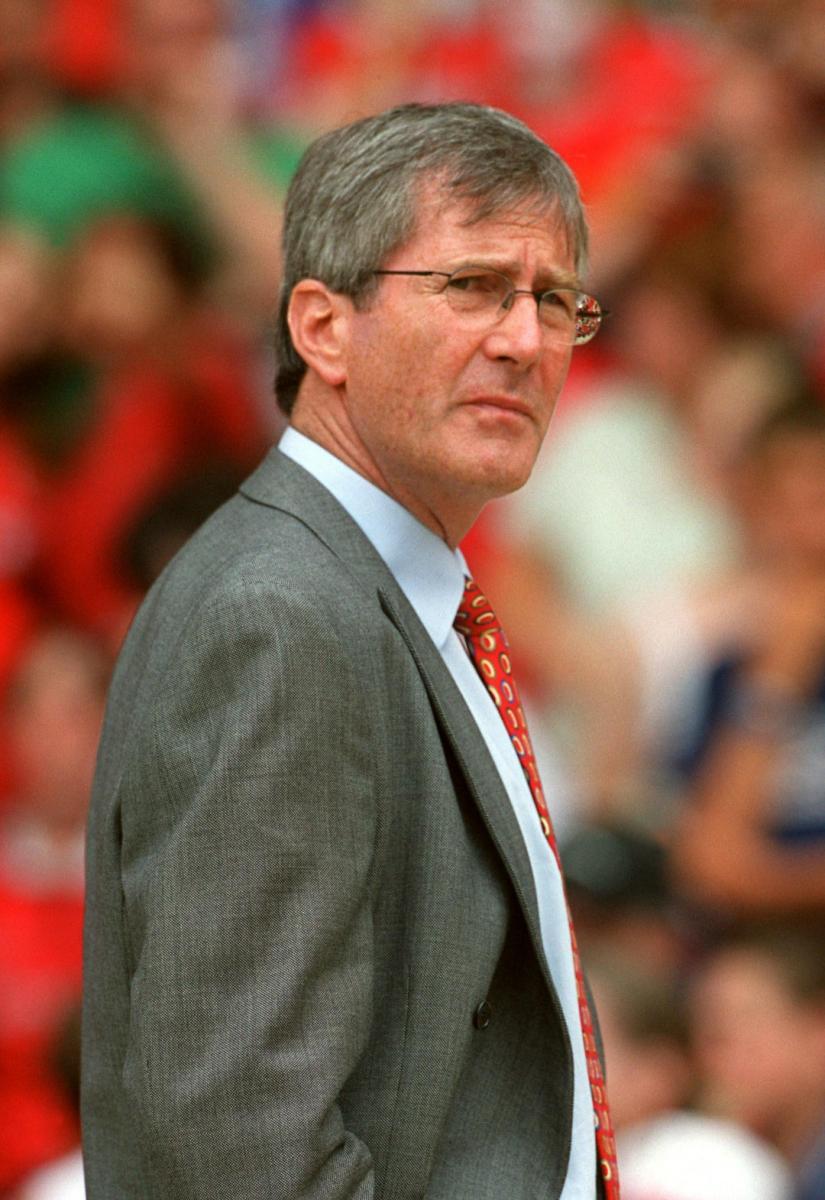
Back then, in the days when Kevin Keegan had only just started steering England and Blackburn fans could still remember what the Premier League trophy looked like, United’s decision appeared perfectly justified. Edwards even believed their decision was made for the good of the English game.
“If we had not entered this tournament, England’s opportunity to host the 2006 World Cup would have been in jeopardy,” he said. “It might even be stronger than that. We’re giving England an opportunity now. You cannot expect our players to play 70 games. Something had to give. We are disappointed for our supporters. The league couldn’t give and neither could the European Cup. For one year the FA Cup has to give.”
I blame the Government and the FA. I think it is tragic that they are about to sell the jewels of English football down the pan in the slim hope of us getting the World Cup
Others weren’t so convinced by United’s apparently selfless act.
“My reaction is one of total disappointment,” said Lee Hodgkiss, a spokesman for the Independent Manchester United Supporters Association. “I blame the Government and the FA. I think it's tragic that they are about to sell the jewels of English football down the pan in the slim hope of us getting the World Cup. They (United) were damned if they did and damned if they didn’t.”
Hodgkiss went on to say he would feel sorry for whichever team won the tournament in 2000, arguing that the victory would be hollow in the absence of the “greatest team in Europe”.
All for nothing
The third round was ultimately brought forward to December anyway, meaning the holders could have easily opened their defence
As it happens, the third round was ultimately brought forward to December anyway, meaning the holders could have easily opened their defence and then dusted off their Portuguese phrase book before heading back from Sao Paulo for a slightly delayed crack at making it through to round five.
In reality, the competition had to suffer the indignity of watching Darlington have two bites at the cherry, as fortunate souls drawn out of a hat from the second round. They first lost 3-1 to Gillingham at the Priestfield before skipping on to Villa Park as a lucky loser… and lost again.
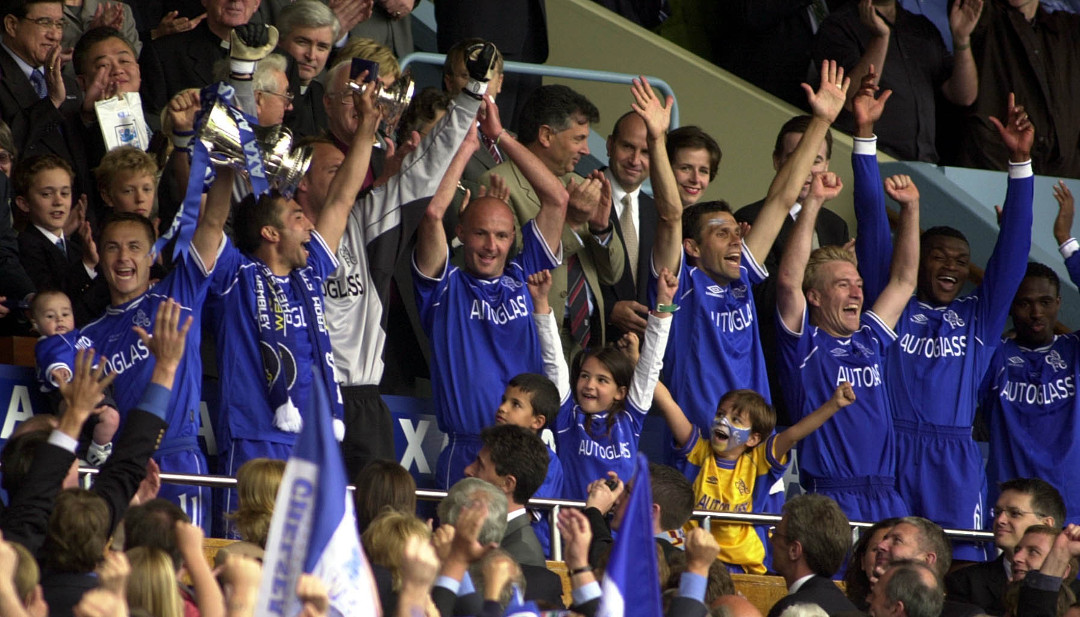
Villa would go on to make the final, eventually losing to Chelsea 1-0 in a tedious match that lived about as long in the memory as United’s rather tame assault on the Club World Cup.
The treble winners headed to South America with high hopes of adding another piece of silverware to the collection they'd built up in the preceding eight seasons. As it was, though, they were cut down by Romario’s Vasco da Gama and almost humiliated by Mexico’s Necaxa. Their sole group win came against South Melbourne – a side maybe even Darlington could probably have beaten if given a couple of goes.
They were home by January 12 – a full week before Chelsea played their fourth-round tie against Nottingham Forest at Stamford Bridge.
Drawing a line
We have always approached this season as being a one-off. We’ve been supportive right the way through and we understand the reasons why these decisions were taken.
No sooner had the eventual champions’ victory parade been completed than the FA’s new chief executive, Adam Crozier, was insisting that no other team would be following United’s lead.
“We have always approached this season as being a one-off,” he said. “We’ve been supportive right the way through and we understand the reasons why these decisions were taken.”
For their part, the club were keen to emphasise that they wanted to get back on the FA Cup horse as soon as possible.
“We have always taken the view that it was a one-off situation,” said then-club spokesman Ken Ramsden. “People should not lose sight of the fact that the FA and the Government were very keen for us to go. We just hope steps can be taken so that no club finds itself in the invidious position we did.”
The next English team to play in the Club World Cup was Liverpool, five years after United’s toe-dip in Brazil. Rafa Benitez’s side would finish runners-up to Sao Paolo in a slimmed-down version of the tournament in Japan in December 2005 – some three weeks before the reinstated traditional start of the FA Cup. They would beat Luton 5-3 in a thriller at Kenilworth Road in January, and go on to win the final against West Ham.
And United? Their third-round tie against Burton was televised, a 0-0 draw followed by a thumping 5-0 win for the hosts at Old Trafford. The cameras have followed them ever since.
RECOMMENDED
- Van Gaal at Bayern: When Louis averted a crisis – then talked himself into a bitter exit
- The longest FA Cup third round ever: Sixty six days, 261 postponements and 15-foot snowdrifts
- The elusive trophy: How Liverpool's greatest team failed to rule the world in '84
